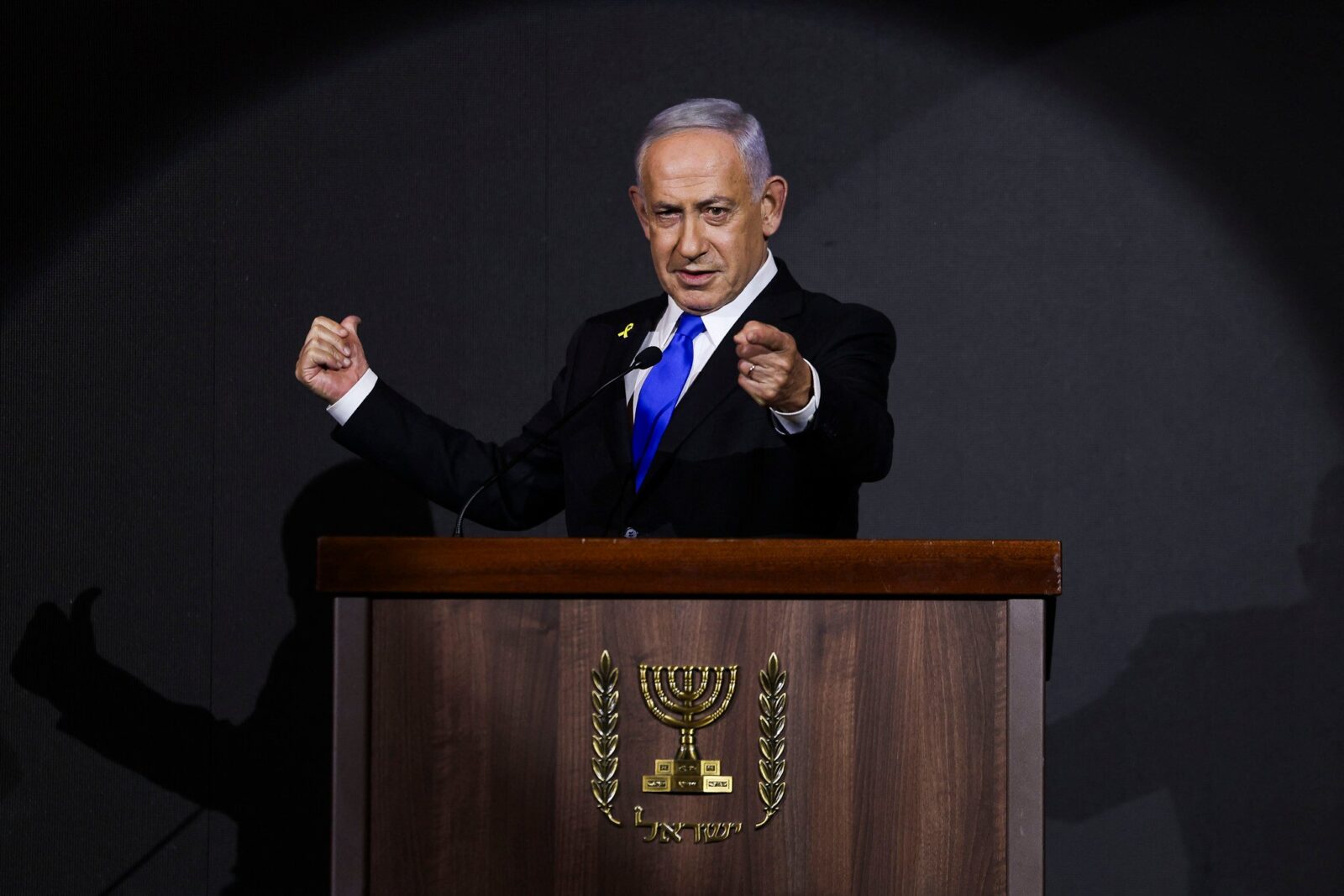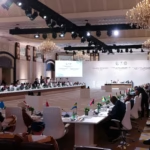In a move that has deepened diplomatic tensions and drawn international scrutiny, Israeli Prime Minister Benjamin Netanyahu declared on Saturday that the removal of Hamas leaders based in Qatar would “eliminate the key barrier” to concluding the war in Gaza. This statement came just days after Israel reportedly launched a rare and controversial air strike targeting Hamas officials in Doha—an act that was swiftly condemned by Qatar, a close U.S. ally and key mediator in ceasefire negotiations.
According to Hamas, the air strike killed five of its members, including a son of the group’s exiled senior leader, Khalil al-Hayya. However, the group confirmed that its core leadership and negotiating delegation survived. In a serious diplomatic repercussion, Qatar stated that one of its internal security officers was also killed in the strike—raising questions about Israel’s intentions and the impact of this operation on ongoing mediation efforts.
The Hamas leadership had been in Qatar to discuss a new ceasefire proposal introduced by U.S. President Donald Trump’s administration. The timing of the attack has raised concerns that Israel may be actively undermining diplomatic pathways to peace. Hamas characterized the strike as a deliberate attempt to derail negotiations, but reaffirmed that the group would not compromise its terms: no full hostage release without a comprehensive agreement to end the war, and no disarmament without the establishment of an independent Palestinian state.
Netanyahu, however, shifted blame to Hamas leadership in Qatar, accusing them of prolonging the conflict at the expense of Gaza’s civilian population. “The Hamas terrorist chiefs living in Qatar don’t care about the people in Gaza. They blocked all ceasefire attempts in order to endlessly drag out the war,” he posted on X (formerly Twitter), signaling Israel’s continued hardline stance.
But domestically, Netanyahu’s position is facing growing criticism. Israel’s own Hostages and Missing Families Forum—the leading organization advocating for the release of captives held by Hamas—condemned the air strike in Doha, asserting that the prime minister himself has become the chief obstacle to peace. In a strongly worded statement, the group said: “The targeted operation in Qatar proved beyond any doubt that there is one obstacle to returning the hostages and ending the war: Prime Minister Netanyahu. Every time a deal approaches, Netanyahu sabotages it.”
This internal dissent adds pressure on Netanyahu’s government, which is already under fire for failing to secure the release of remaining hostages nearly a year into the conflict. It also highlights the growing disconnect between the Israeli leadership and sections of its own civil society, particularly those directly affected by the prolonged captivity of loved ones in Gaza.
The situation further complicates an already fragile regional balance. Qatar, one of the only states with open lines to both Hamas and Western powers, has played a pivotal role in past hostage negotiations. The Israeli strike on Qatari soil, however, risks straining that critical channel. Meanwhile, the broader international community—particularly the U.S.—is now faced with the challenge of navigating the consequences of an Israeli military escalation on the territory of a strategic Gulf partner.
As the war in Gaza drags on, the prospects for a negotiated settlement appear increasingly fraught—not only due to the entrenched positions of Israel and Hamas but also due to the growing geopolitical entanglements that threaten to undermine existing diplomatic frameworks.











Leave a comment